Should You Combine Hyaluronic Acid and Retinol? (Spoiler: Yes!)
In pursuing youthful, radiant skin, the skincare world can often feel like a maze of conflicting advice and bewildering product choices.
Among the many skincare ingredients, hyaluronic acid and retinol stand out for their remarkable efficacy. But can these powerhouse ingredients be used together, and what benefits can they offer when combined?
Let's explore the science and practical considerations to unlock the secrets of integrating hyaluronic acid and retinol into your skincare routine.
Understanding Retinol and Hyaluronic Acid
Retinol
Retinol, the skincare superhero, is like a time machine in a bottle! This vitamin A derivative is famous for its anti-aging prowess.
It works tirelessly to stimulate collagen production, speed up cell turnover, and fade those pesky fine lines, wrinkles, and dark spots.
Retinol works hard to ensure you wake up to smoother, brighter skin daily. So, if you're on a quest for a youthful complexion, look no further than retinol—it's the secret weapon your skin has been craving!
Hyaluronic Acid
Hyaluronic acid helps your skin to act like a sponge that works to keep moisture locked in for ultimate hydration!
Naturally found in the skin, this superhero humectant attracts and retains water, giving your skin a refreshing drink for superb hydration.
Imagine it as a smoothie for your face, plumping fine lines and wrinkles and leaving your skin feeling bouncy, youthful and energized. With hyaluronic acid on your side, your skin will be hydrated, smooth, and ready to take on the world!
Retinol and Hyaluronic Acid Can Absolutely Be Used Together
Retinol and hyaluronic acid are like the dynamic skincare duo, each bringing its superpower to the table.
With its anti-aging prowess, Retinol stimulates collagen production, reduces the appearance of fine lines and wrinkles, and improves overall skin texture. Meanwhile, hyaluronic acid is a serious hydrator, attracting and retaining moisture to keep the skin plump, supple, and youthful-looking.
When used together, these two ingredients complement each other beautifully, addressing different skincare concerns while providing synergistic benefits.
Retinol helps to rejuvenate the skin and improve its overall appearance, while hyaluronic acid ensures that the skin stays hydrated and healthy-looking.
Together, they create a powerhouse duo to help you achieve a more youthful, radiant complexion.
Benefits of Using Retinol and Hyaluronic Acid Together
Enhanced Hydration
Hyaluronic acid is like a refreshing splash of water for your skin, hydrating and soothing it after a long day.
When teamed up with retinol, these two become an unbeatable duo. Retinol fights the good fight against fine lines and wrinkles, but it can sometimes leave your skin feeling a little dry.
Enter hyaluronic acid, ready to hydrate and plump your skin, keeping it moisturized and comfortable. Together, they're the ultimate skincare partners, ensuring your skin stays healthy, happy, and beautifully hydrated.
Increased Efficacy:
Hyaluronic acid is the trusty sidekick that helps retinol reach its full potential in the battle against aging. While retinol tackles fine lines and wrinkles, hyaluronic acid ensures it penetrates deeply and does its job more effectively. By enhancing retinol's penetration and efficacy, hyaluronic acid ensures you get the most out of your anti-aging routine, leaving your skin youthful and refreshed. They're perfect together - working hard to give you the best possible results.
Reduced Irritation:
Hyaluronic acid calms and almost regulates retinol when theyy’re used together.. Retinol, the superhero of anti-aging, can sometimes cause irritation, especially for sensitive skin types. Here’s where! hyaluronic acid steps in with its soothing effects on the skin, calming and hydrating the skin to make the retinol experience much more comfortable.
Together, they're the ultimate skincare dream team, ensuring that sensitive skin can enjoy retinol's benefits without any drama. So, if you want to turn back the clock without irritation, remember to use them both together!
Improved Texture and Tone:
When retinol and hyaluronic acid team up, it's like a dynamic duo for your skin! Retinol takes on the role of the skin's smooth operator, refining texture, reducing fine lines, and evening out tone with the precision of a skilled artist. Meanwhile, hyaluronic acid steps in as the plumping hero, hydrating your skin and giving it a radiant, youthful glow, like a refreshing sip of water for your face.
Together, they create the ultimate skincare dream team, working in perfect harmony to transform your skin into a masterpiece of smoothness, evenness, and radiance. So, if you want to give your skin a makeover fit for royalty, invite retinol and hyaluronic acid to the party!
Which of them do you apply first?
Start with a clean face to create the ultimate skincare regimen with retinol and hyaluronic acid. Apply hyaluronic acid to damp skin, to lock in moisture and prep your skin for retinol.
Once it's absorbed, it's time for retinol to get to work and tackle fine lines and wrinkles, promoting skin renewal while you sleep.
What Not to Mix with Retinol
While retinol can be combined with hyaluronic acid, specific ingredients should be avoided to prevent potential irritation or adverse reactions. These include:
Vitamin C:
Vitamin C brings brightening and antioxidant power, while retinol boasts skin-renewing and anti-wrinkle abilities. However, when used together, they might cancel or even irritate each other, especially for sensitive skin. To avoid a battle on your face, use vitamin C in the morning and retinol at night or on different days. This way, you can enjoy both benefits without unexpected and unwanted mishaps!
Benzoyl Peroxide:
Combining benzoyl peroxide with retinol is like mixing oil and water—they don't mix well! Benzoyl peroxide can deactivate retinol, reducing its effectiveness in treating acne and signs of aging. This combination can also increase the risk of skin irritation, redness, and dryness. To avoid these issues, it's best to use benzoyl peroxide and retinol at different times of the day or on alternate days. This way, you can still reap the benefits of both ingredients without compromising their effectiveness or irritating your skin.
Alpha Hydroxy Acids(AHAs) and Beta Hydroxy Acids(BHAs):
When it comes to skincare, mixing retinol with alpha-hydroxy acids (AHAs) and beta-hydroxy acids (BHAs) is a combination you should definitely avoid — it's bound to get a little messy! AHAs and BHAs are exfoliating acids that can increase skin sensitivity, leading to irritation when paired with retinol. To avoid a skincare conflict, it's best to use AHAs and BHAs on different days or at different times than when you use retinol. This way, you can keep your skin happy and glowing without any irritation-induced drama!
Natural Alternatives to Retinol
Natural Retinol Alternatives: One natural alternative to retinol is bakuchiol, derived from the seeds of the Psoralea corylifolia plant. Bakuchiol has garnered attention for its retinol-like effects on the skin, including boosting collagen production, improving skin texture, and reducing the appearance of fine lines and wrinkles.
Unlike retinol, bakuchiol is generally well-tolerated by sensitive skin types and doesn't cause the same irritation or photosensitivity. Its gentle nature makes it a popular choice for those seeking practical anti-aging benefits without the potential side effects associated with retinol.
Recommended retinol alternatives
Replenish your skin's innate hydration levels using our gel cream moisturizer, skillfully crafted with the exclusive blend of bakuchiol, a gentle retinol alternative, and niacinamide.
Natural Alternatives to Hyaluronic Acid
A natural ingredient derived from plants that offers similar benefits to hyaluronic acid in skin hydration and plumping.
This alternative is typically sought by individuals who prefer plant-based skincare products or are sensitive to synthetic ingredients.
These botanical alternatives often contain compounds that mimic the hydrating effects of hyaluronic acid, providing moisture to the skin and helping to maintain its suppleness and elasticity. Examples of botanical hyaluronic acid alternatives include Tremella fuciformis extract (snow mushroom), aloe vera gel, and extracts from plants like marshmallow root or chia seeds, known for their hydrating properties.
Recommended hyaluronic acid alternatives
Hydrator swiftly revives tired skin with its lightweight gel-cream formula. Infused with a botanical hyaluronic acid complex, it locks in moisture for radiant results.
Our top Retinol and Hyaluronic Acid Picks...
To wrap up...
In conclusion, combining hyaluronic acid and retinol in your skincare routine can yield impressive results, promoting hydrated, youthful-looking skin with improved texture and tone.
By understanding their complementary benefits, applying them in the correct order, and avoiding incompatible ingredients, you can harness the power of this dynamic duo for radiant, age-defying skin. Embrace the synergy of hyaluronic acid and retinol, and embark on a journey to hydrated, rejuvenated skin glowing with vitality.
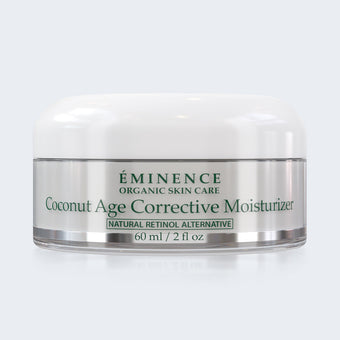
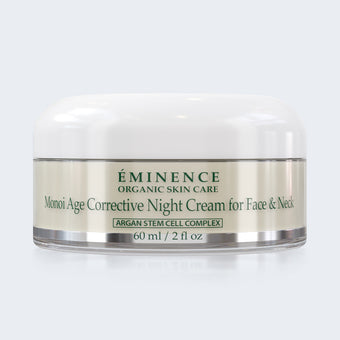
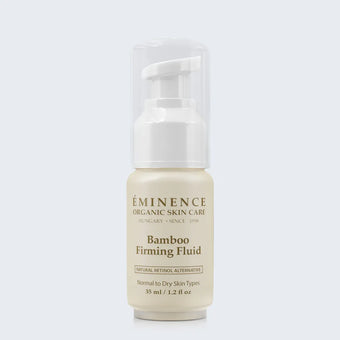
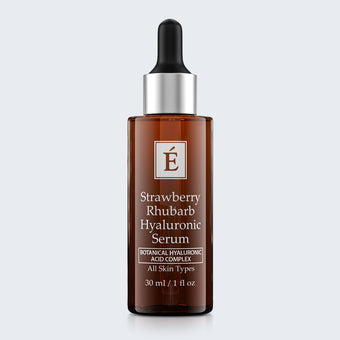
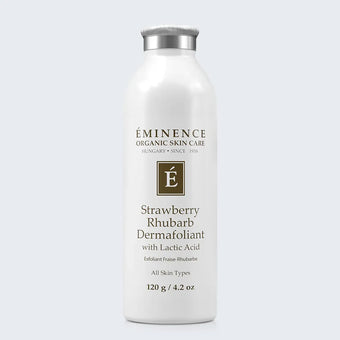


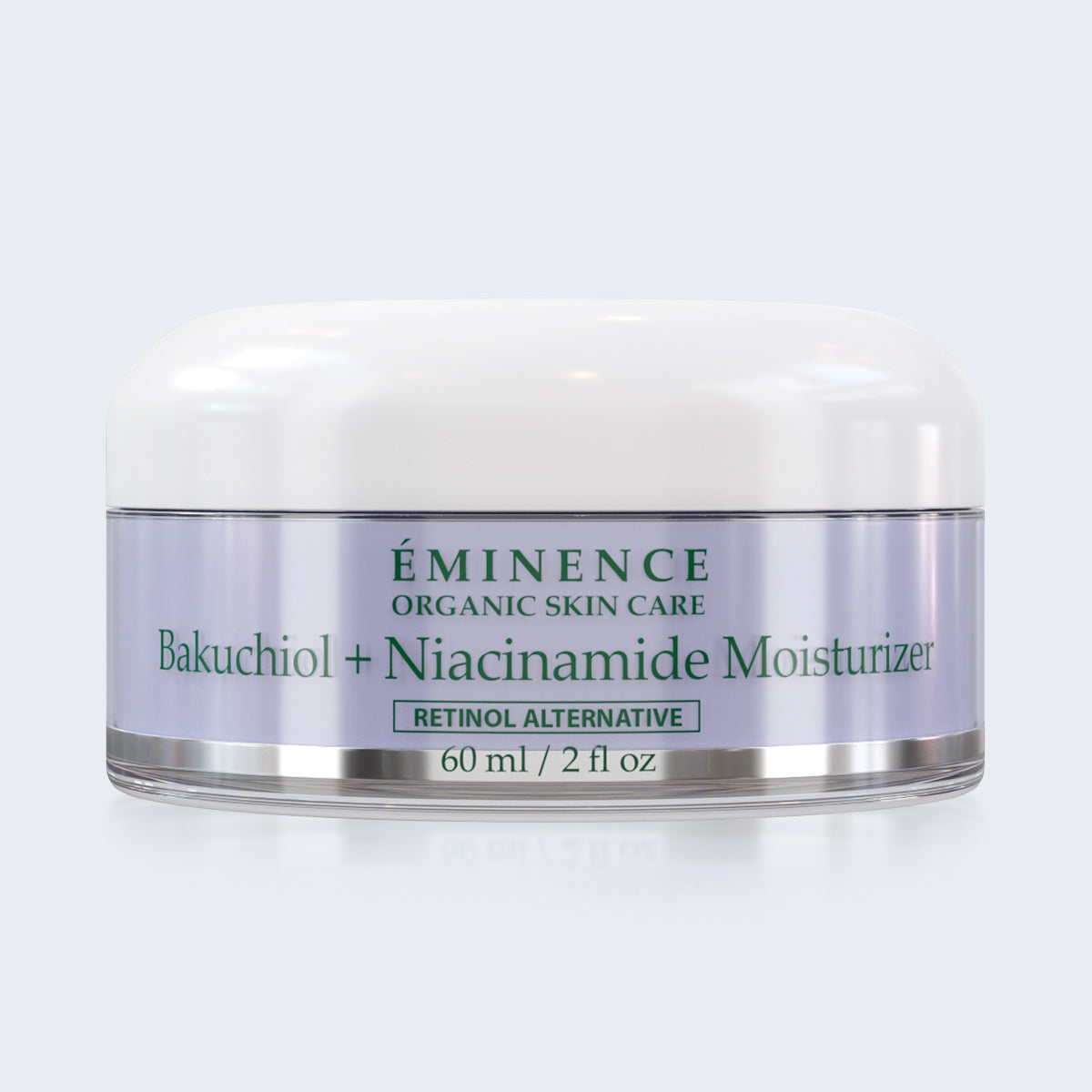
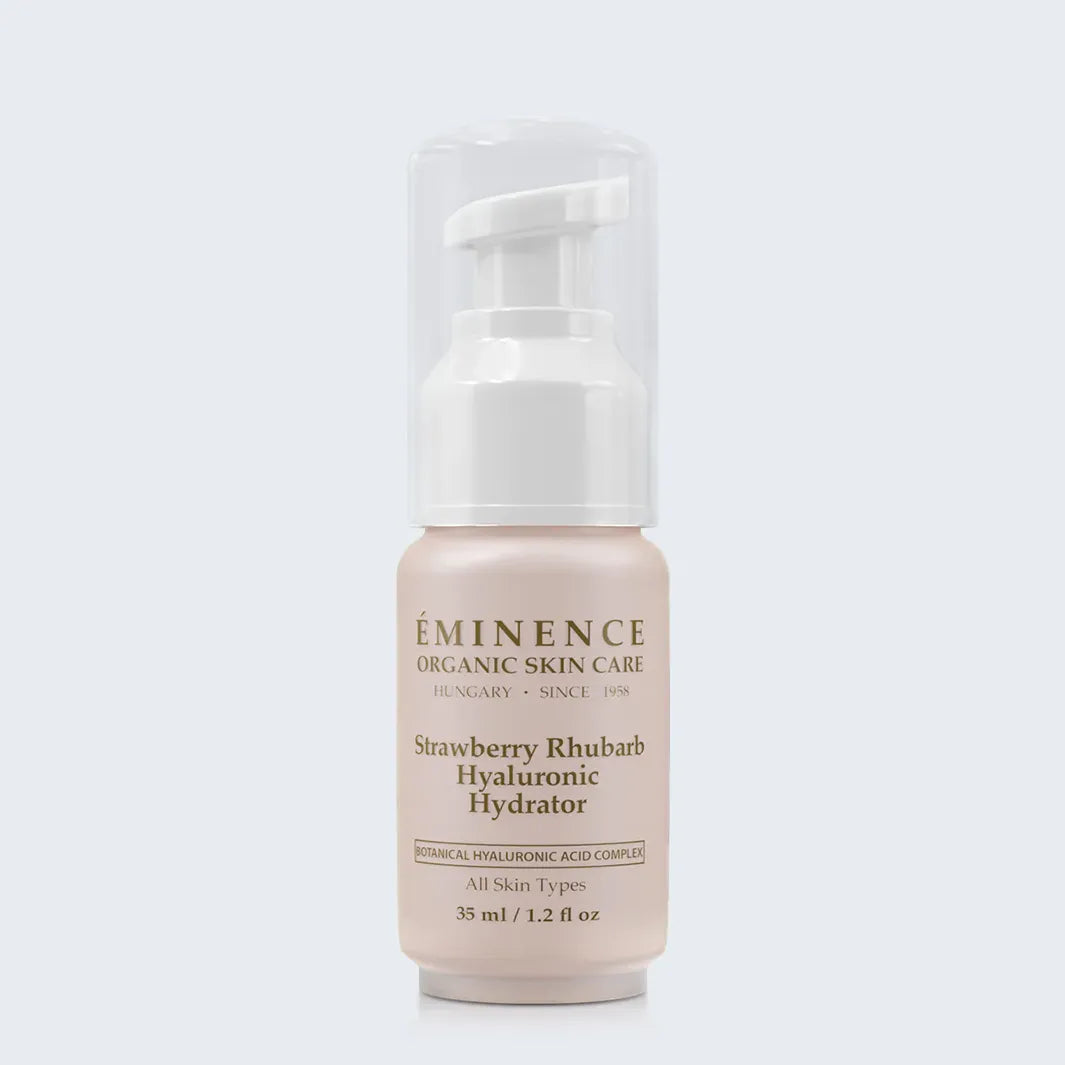
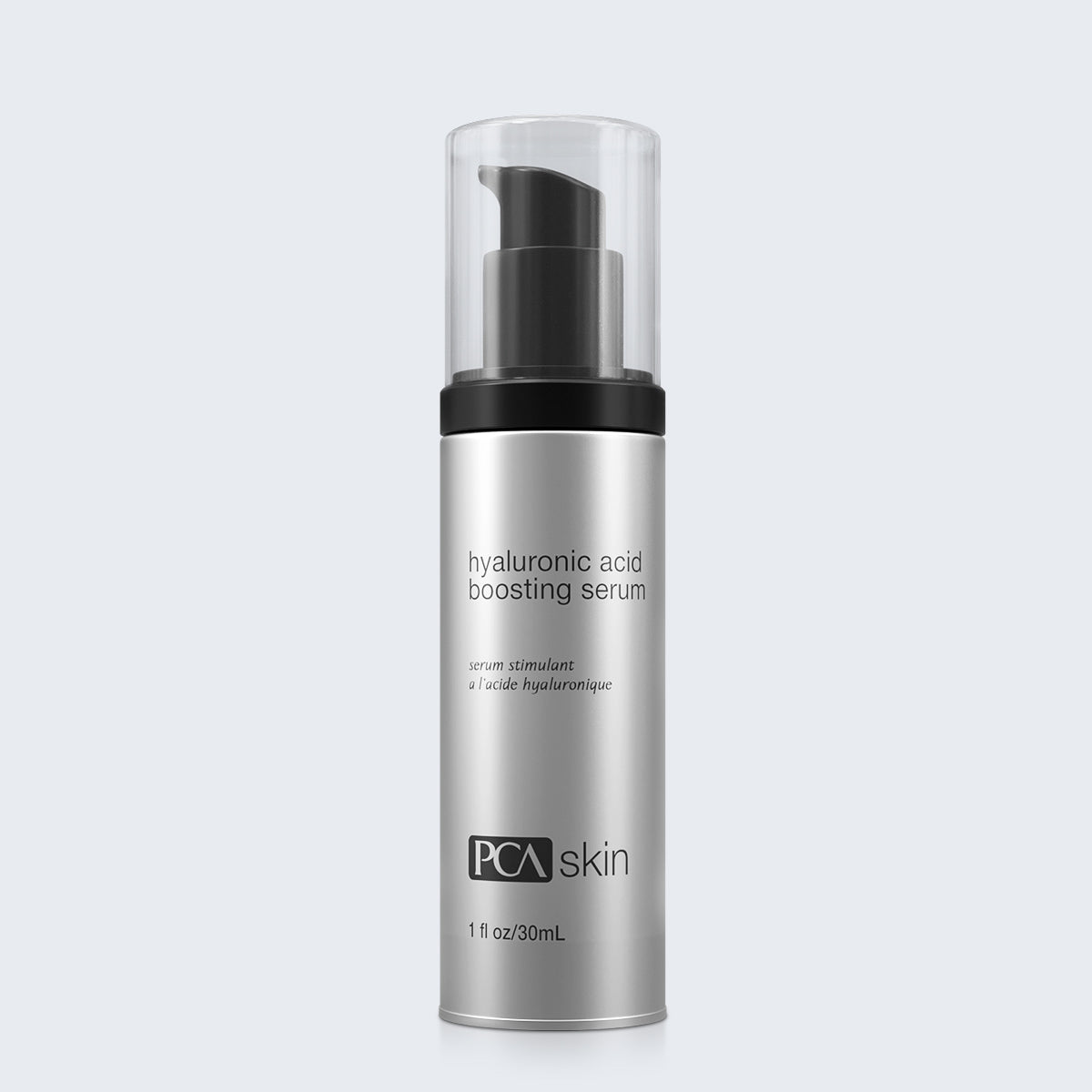
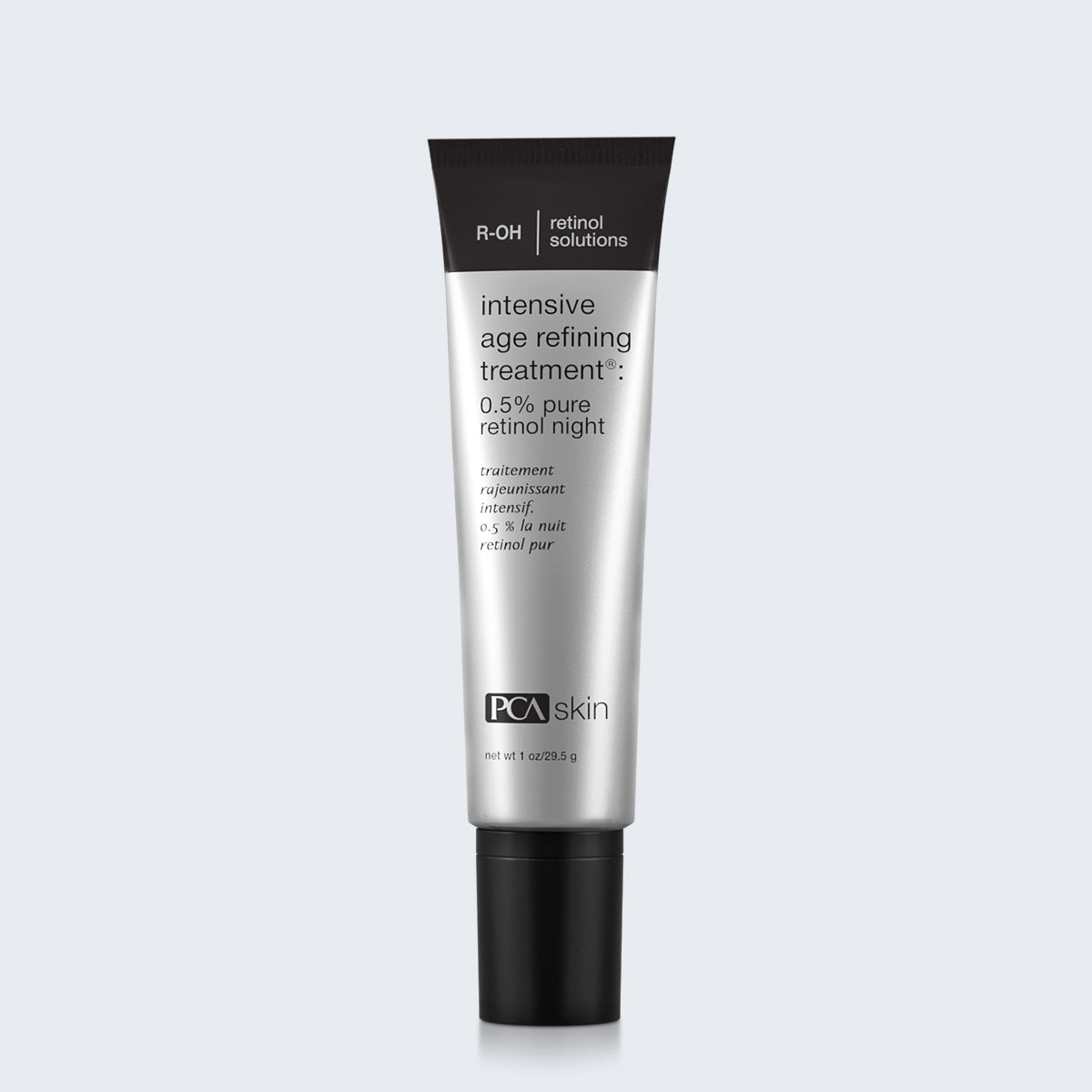
Leave a comment
Please note, comments need to be approved before they are published.